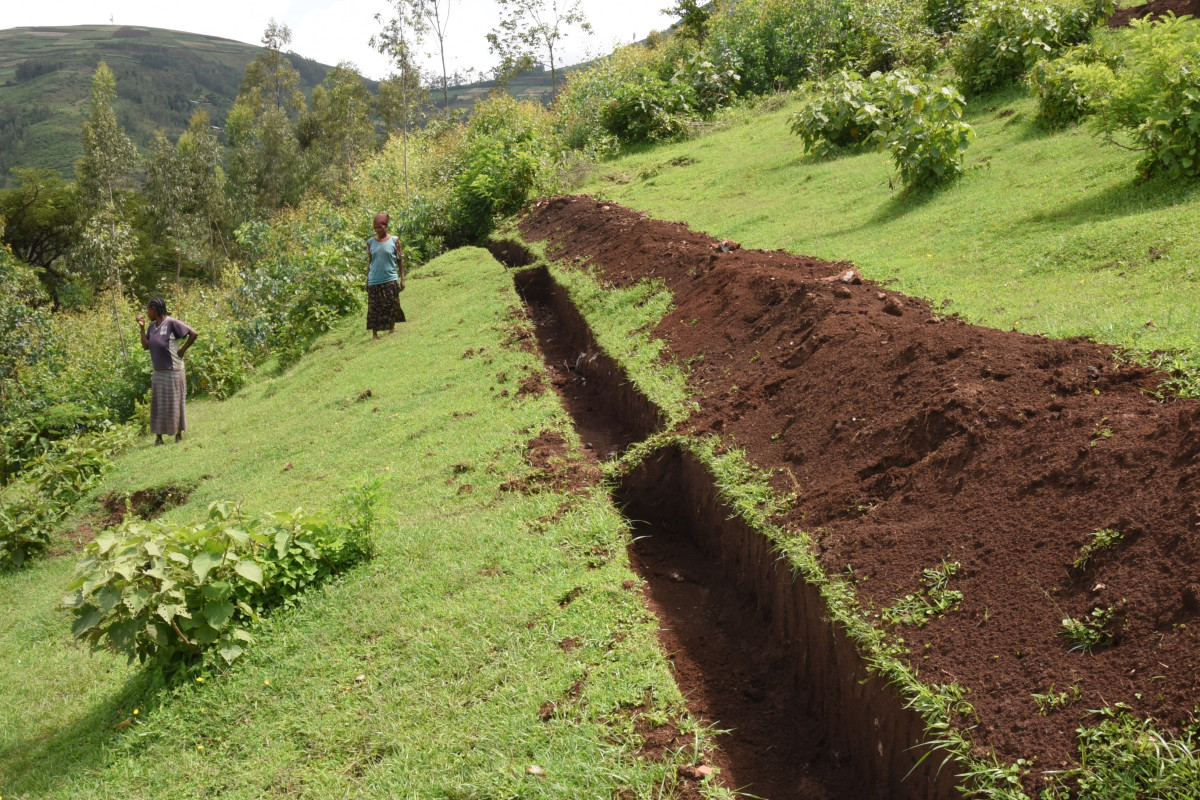Earth vs Plastic: Greening our operations in Ethiopia
Published: Apr 26, 2024 Reading time: 2 minutes Share: Share an articleEnvironmental challenges in Ethiopia include deforestation, soil degradation, water scarcity, and pollution. Significant deforestation rates have been of concern in the past, but the government has been implementing initiatives like the Green Legacy Campaign. As an organisation, we implement green agendas across all of our operations.

The Ethiopian government's positive measures include initiatives like the Green Legacy Campaign, which aims to plant billions of trees to combat deforestation and promote environmental sustainability.
To reduce the effect of climate challenges in Ethiopia, especially regarding plastic pollution, stricter regulations on plastic disposal, public awareness campaigns, and investment in recycling infrastructure are crucial steps the government must take. Additionally, the promotion and creation of alternative biodegradable materials, as well as promoting sustainable practices in agriculture and land management, can help mitigate environmental degradation.
As we commemorated International Earth Day 2024 under the powerful theme of "Earth vs Plastic," it's a poignant reminder of the environmental challenges we face and the urgent need for collective action. We have been working on various fronts to combat these challenges, integrating sustainable practices into our projects and operations.
One key focus has been on sustainable land management and climate-resilient interventions. We recognise the critical importance of preserving our natural resources while building resilience against the impacts of climate change.
Furthermore, our efforts extend to agriculture, where we've embraced the principles of climate-smart agriculture. By promoting techniques such as crop diversification, conservation agriculture, agroforestry and compost, we empower farmers to adapt to changing climatic conditions while improving their yields and income. We aim to build agricultural systems that are not only productive but also environmentally sustainable, ensuring food security for generations to come.
In addition to agriculture, we also engage in climate-smart Water, Sanitation, and Hygiene (WASH) projects. We understand that access to clean water and sanitation is fundamental to human health and well-being, especially in the face of climate variability. Through innovative approaches, we're working to enhance water efficiency, improve sanitation facilities, and promote hygiene practices, building resilience to climate-related water challenges.
At an organisational level, we've taken concrete steps to reduce our carbon footprint and mitigate environmental impact through our greening operations plan. This plan includes measures such as avoiding single-use plastics and opting for green procurement practices.



